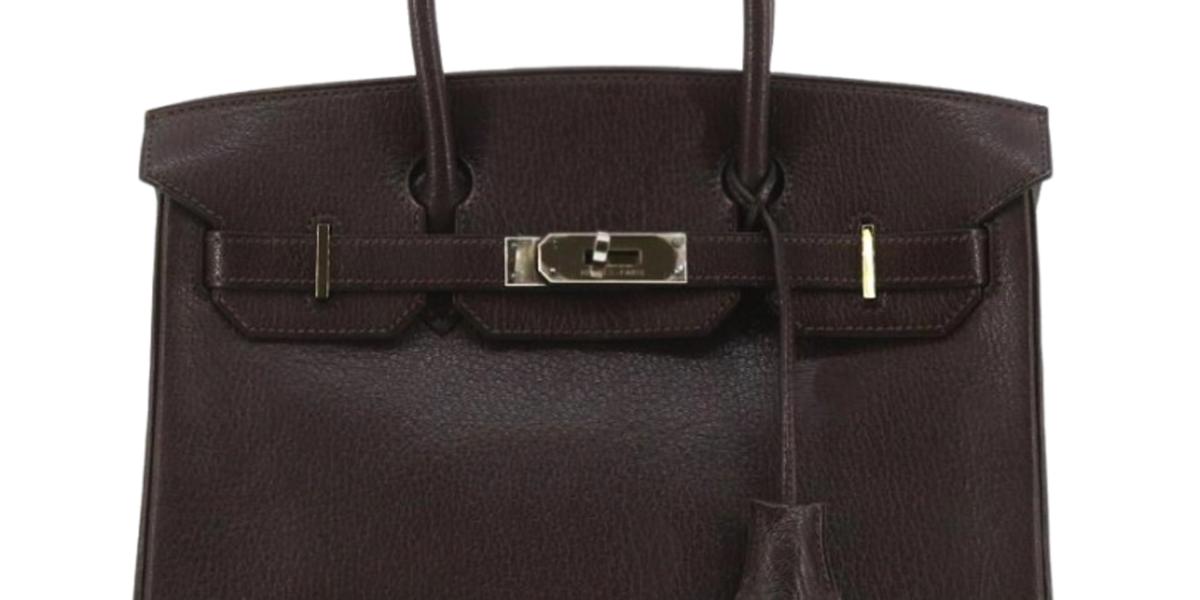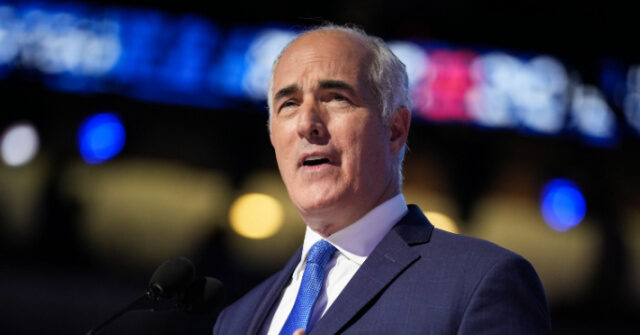
In 1984, Jean-Louis Dumas, CEO of a struggling French fashion house, found himself consumed with thoughts of how to not only revive but surpass the glory Hermès had once known. Four years into his role, he couldn’t shake the idea that he needed to capture lightning in a bottle once again, as his father had done with the now-legendary Kelly bag.
The story goes that Grace Kelly, the iconic actress and later Princess of Monaco, was photographed using a Hermès bag to discreetly hide her pregnancy from paparazzi. That single moment catapulted the Kelly bag to fame, turning it into one of the first-ever “It bags” and solidifying Hermès as a force in luxury fashion.
But like all products, the Kelly bag reached its maturity stage in the product lifecycle. As sales stagnated, Dumas knew he had two options: innovate the Kelly or create something new. While the Kelly bag held its place in the market, Hermès needed a fresh spark. Dumas, like many marketers, thought, “I just need one more Grace Kelly.”
As fate would have it, his next muse was seated beside him on a flight—a stunning English actress and singer named Jane Birkin. But this wasn’t a serendipitous pregnancy moment or an accident of fate like with Kelly. This time, Dumas took a more strategic approach: he created a product specifically for Birkin, whose carefree, bohemian style provided the perfect counterpoint to the structured elegance of Hermès. This was no accident—this was calculated marketing brilliance.
The Birkin bag didn’t take off immediately, much like its namesake wasn’t entirely taken with it at first. It was too heavy, too serious—too unlike Birkin’s light, messy, and quintessentially French charm. But Hermès knew better. With a strategy based on scarcity, exclusivity, and careful association with the Birkin name, the product took off, catapulting Hermès into the luxury stratosphere.
By now, we all know the lore. Hermès shoppers can be placed on years-long waiting lists just for the chance to own a Birkin. As one scene in Sex and the City so perfectly captured, “It’s not a bag. It’s a Birkin.” This wasn’t about functionality. It wasn’t even about craftsmanship anymore. The Birkin had transcended the realm of luxury handbags—it had become a symbol of unattainable wealth, desire, and exclusivity.
So why does this bag, which frankly isn’t even the most aesthetically groundbreaking piece, have such a stranglehold on the market? The answer lies in Austrian Economics.
Menger’s Theory of the Good: Understanding Subjective Value
Carl Menger’s Theory of the Good is the foundation of understanding why something like a Birkin can command such exorbitant prices. Value, Menger taught us, is subjective. It doesn’t come from the cost of materials or labor invested in producing a good—it arises from how well that good satisfies the desires of the individual.
In the case of the Birkin, the price tag isn’t tethered to the materials or the craftsmanship alone, though both are undoubtedly high-quality. Instead, its worth is derived from the consumer’s perception of what owning a Birkin means. The exclusivity Hermès has cultivated around the bag—along with the mythology surrounding Jane Birkin and the iconic status the brand has achieved—has inflated its perceived value. It fulfills the consumer’s desire for status, prestige, and belonging to an elite group.
Menger’s theory reminds us that the Birkin’s true value lies not in the bag itself but in what it represents to the buyer. One individual might be willing to pay tens of thousands of dollars for the Birkin because it satisfies their need for recognition and status, while another might see it as nothing more than an overpriced leather bag. This disparity in value perceptions is precisely what Menger meant by subjective value—goods only have value insofar as they meet the desires of the consumer.
Mises’ Human Action: Purposeful Decisions in Marketing
Ludwig von Mises, building on Menger’s work, introduced us to the concept of human action—the idea that individuals act purposefully to achieve their goals. Every economic decision, according to Mises, is a calculated attempt to improve one’s situation. This is especially relevant in the luxury market, where purchasing decisions often extend beyond utility.
Consider the purposeful nature of buying a Birkin. The person purchasing the bag isn’t just acquiring an accessory—they are investing in an identity. They are making a calculated decision to project wealth, sophistication, and exclusivity. For many, owning a Birkin is not about practicality; it’s about the message it sends to others. This decision is deeply intentional, a reflection of Mises’ principle that economic actions are rooted in individual goals and circumstances.
For us as marketers, understanding this is key. Consumers don’t make purchases based solely on rational factors like price or utility; they are driven by deeper, often emotional, motivations. We need to align our strategies with these personal, subjective goals—whether it’s status, identity, or self-expression—and create narratives around products that resonate with these desires.
Rejecting Predictive Models: The Austrian Critique
Austrian economists, especially Mises and Hayek, were vocal critics of rigid, formulaic models that attempt to predict human behavior. They argued that human action is too complex, too individualistic, to be reduced to simple equations. This insight is invaluable in the world of marketing, where consumer behavior often defies predictive models.
Take, for example, the luxury market. While demographic data might suggest who is buying a Birkin, it cannot explain why they are buying it. The decision to spend thousands of dollars on a handbag is influenced by a myriad of personal factors—status aspirations, social pressures, emotional satisfaction—all of which are subjective and unique to the individual. No mathematical model can fully account for these motivations.
From an Austrian perspective, the success of the Birkin lies not in following any predictable formula but in the brand’s ability to shape and cultivate consumer perceptions. Hermès doesn’t sell products—they sell exclusivity, dreams, and a sense of belonging to an elite class. The value of the Birkin, like many luxury goods, is derived from these subjective, personal narratives.
The Birkin as a Case Study in Austrian Economics
Menger’s and Mises’ ideas come to life in the story of the Birkin. Menger’s Theory of the Good explains why the Birkin is valuable—not because of its intrinsic characteristics but because of the subjective value consumers assign to it. The bag fulfills emotional and social desires, creating an aura of exclusivity that drives demand.
Mises’ human action theory further illustrates why consumers willingly wait years and pay a premium for a product like the Birkin. Purchasing the bag is not about functionality; it’s about fulfilling personal goals—whether that’s signaling wealth or achieving a sense of belonging in an exclusive social group. This is a deliberate, purposeful action, driven by subjective goals.
Why Austrian Economics Matters for Marketing
For those of us who work at the intersection of Austrian Economics and marketing, the relevance of Menger’s and Mises’ insights is undeniable. Austrian principles offer us a practical framework for understanding consumer behavior—especially in markets driven by subjective value, like luxury goods. The success of brands like Hermès is a testament to the power of subjective value and purposeful action, concepts that should be at the heart of every marketing strategy.
By embracing the complexity of human behavior and rejecting one-size-fits-all models, we can craft campaigns that resonate deeply with consumers. The Austrian School teaches us that value is fluid, personal, and often intangible. And it’s this nuanced understanding that allows us to build strategies that go beyond selling products—we create experiences that speak to the desires that drive human action.
Originally Posted at https://mises.org/






